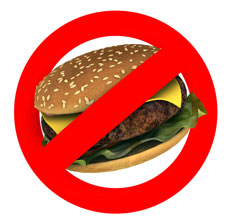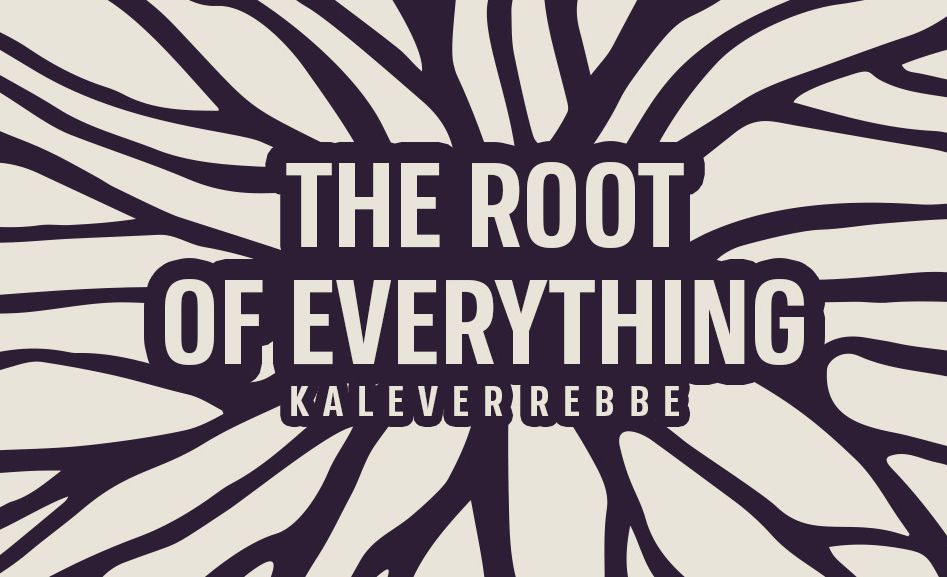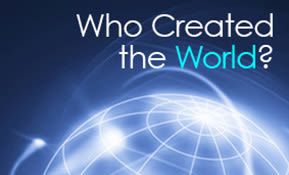
Hold The Cheese, Please
There's a big difference between science and faith; science makes no demands that a person become more decent, more honest or more compassionate...

Having been the product of a secular upbringing which included attending the traditional after school “Hebrew school”, I no longer question why so many Jews fail to take Judaism seriously. While m ost of my friends were outside riding their bikes, I was forced to sit in the classroom, listening to simplistic Bible stories, while trying my best to learn to read Hebrew. Instead of focusing on our teachers, we spent our time counting down the minutes until class was over, fantasizing about the fun that our friends were having. As soon as we had our Bar Mitzvah, most of us couldn’t wait to stop attending Hebrew school, and I was no exception. It’s no wonder that the average secular Jew does not think that Judaism has answers to life’s most fundamental questions.
ost of my friends were outside riding their bikes, I was forced to sit in the classroom, listening to simplistic Bible stories, while trying my best to learn to read Hebrew. Instead of focusing on our teachers, we spent our time counting down the minutes until class was over, fantasizing about the fun that our friends were having. As soon as we had our Bar Mitzvah, most of us couldn’t wait to stop attending Hebrew school, and I was no exception. It’s no wonder that the average secular Jew does not think that Judaism has answers to life’s most fundamental questions.
How is it that the people who brought the concept of the Jewish G-d into the world are the ones least likely to believe in it? Studies show that of all the major monotheistic religions, Jews are the least likely to believe in G-d, and it is probably no coincidence that they are also among the most highly educated. The idea of having faith in an invisible Being who created the universe and makes moral demands on our behavior, is an anathema to our logical and independent minds. After all, science is based on truth, and religion is based on faith. And if the Bible is true, what would that imply about how I live my life? Really, no cheeseburgers?
As it turns out, however, there is also a kind of faith behind just about every other belief system, including science and even atheism. How is this so?
For one who believes in a Creator of the universe, there is a faith based on logic, that a creation requires a Creator. For the non believer, there is a faith that matter can come about on its own, life can come about from non life, or that eventually science or evolution will be able to explain the origins of all matter and life. But these beliefs are still a matter of faith, not fact, something many individuals refuse to accept, and acceding to this idea can give scientists a kind of cognitive dissonance. You mean the truth of my science is really based on faith? Ridiculous!
I recently participated in a fascinating discussion on the topic of faith, religion, and science. My debate partner was a wonderful, intelligent individual who felt that the idea that some scientific beliefs are based on a kind of faith was just plain silly, illogical, and defied the scientific method. I was accused of trying to turn science into a kind of religion.
Then the discussion got really interesting. You know, I said, frequently science is playing catch up with the Torah. He was astounded that I could say such a thing and challenged my assumption. Well I said, about 40 years ago scientists said that the Bible could not possibly be true since it starts with the words, “In the beginning G-d created the Heavens and Earth”, and we scientists know that the universe is eternal and has no beginning, therefore your Bible or Torah is false. However as they say, “man plans and G-d laughs.” Scientists discovered the Big Bang which does indeed posit a sudden beginning of the universe, created from a small speck of matter. Science had indeed caught up with the Bible!
Here’s how one of the scientists involved in the discovery, Dr. Robert Jastrow, himself a non believer, put it:
“Now we see how the astronomical evidence supports the biblical view of the origin of the world. The details differ, but the essential elements in the astronomical and biblical accounts of Genesis are the same…
“There is a kind of religion in science; it is the religion of a person who believes there is order and harmony in the Universe. … This religious faith of the scientist is violated by the discovery that the world had a beginning under conditions in which the known laws of physics are not valid, and as a product of forces or circumstances we cannot discover. When that happens, the scientist has lost control. If he really examined the implications, he would be traumatized.” (cognitive dissonance)
After seeing that the preeminent scientist, Dr. Jastrow himself described science as a kind of religion based on faith, my fine debate partner seemed silenced, but then asked, “but where in the Torah does it say that G-d used the Big Bang to create the universe?”
I replied, well, as we have discussed, Torah means teaching, and includes the written and oral Torah, the mystical teachings, and tradition from our Rabbis. Here is what Nachmanides wrote about the beginning of the universe about 800 years ago, long before science discovered the Big Bang.
Ramban wrote: “At the briefest instant following creation all the matter of the universe was concentrated in a very small place, no larger than a grain of mustard…. From the initial concentration of this intangible substance in its minute location, the substance expanded, expanding the universe as it did so…”
Ramban said he learned this from his teachers, who learned it from his teachers.
I responded, “That’s where it is, in our Torah, our teachings.”
Finally I ended with Dr. Jastrow’s summation, a devastating account for any non believer, and a statement which should challenge any Jew to rethink his “faith” in “non faith” and reconsider his rejection of the moral values and mitzvot that we can learn from our Bible.
Dr. Jastrow wrote:
“For the scientist who has lived by his faith in the power of reason, the story ends like a bad dream. He has scaled the mountain of ignorance; he is about to conquer the highest peak; as he pulls himself over the final rock, he is greeted by a band of theologians who have been sitting there for centuries.”
Hmmm,…..maybe I will try holding the cheese on my next burger….. and even dig out that old Chumash that I hid away the day after my Bar Mitzvah.










8/11/2013
Uncle Rick Great work Uncle Rick, I read the whole thing this time.
8/11/2013
Great work Uncle Rick, I read the whole thing this time.